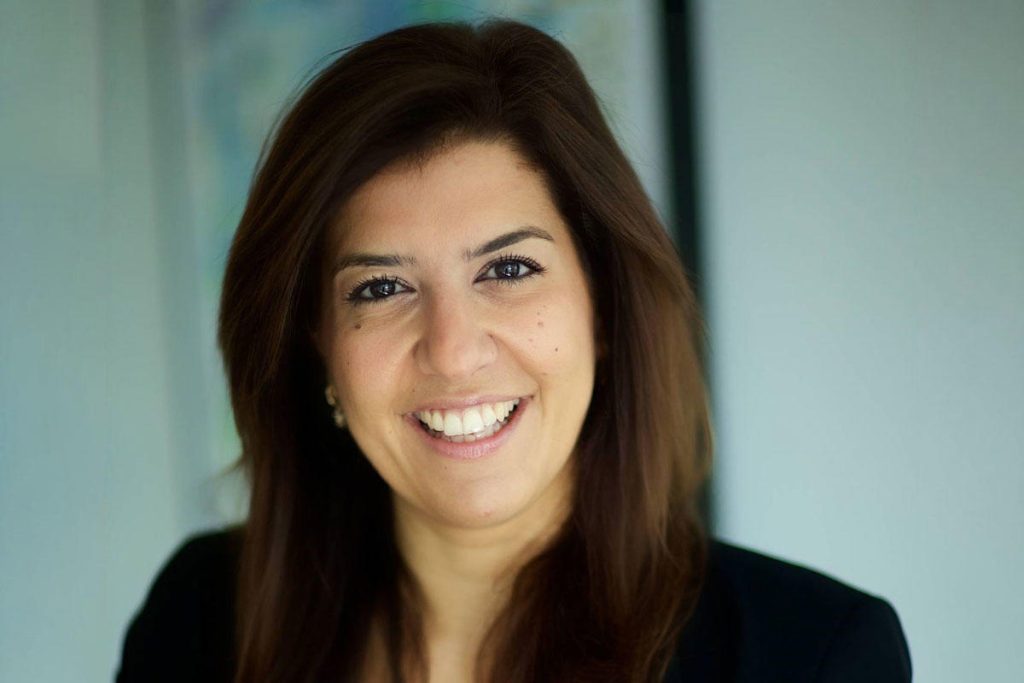In a post-pandemic economy, regional consumers are prioritising sustainability issues, health and affordability amidst rising inflation, the latest edition of PwC’s Global Consumer Insights Pulse survey indicated.
The survey also revealed that consumers were somewhat divided when it comes to e-commerce adoption. Close to 45 percent of regional shoppers reported that they shop through their smartphone regularly, reflecting a global trend, but in-store shopping remains the most popular channel for frequent purchases in the region, with 50 percent of consumers choosing to visit physical stores on a daily or weekly basis.
The consumer behaviour shift as a result of coronavirus is here to stay, as per the survey with 67 percent of shoppers believing they are now healthier (67 percent versus 51 percent globally), more digital (65 percent vs. 53 percent globally) and have a better work-life balance (66 percent vs. 60 percent globally).
They are also more likely than ever to take sustainability considerations into account when making a purchase with 60 percent of regional respondents indicating they are more eco-friendly than six months ago and 53 percent saying they are always or frequently buying eco-friendly products (vs. 42 percent globally).
“A range of factors, from mass remote working to tech-driven regional transformation, have changed, and continue to change consumer shopping habits and attitudes, and it is clear now that those changes are here to stay,” said Norma Taki, PwC Middle East’s consumer markets leader.
“As consumer optimism continues to grow in the region, it is essential that retailers and consumer companies take note of these shifting trends and adapt their priorities and strategies accordingly,” she added.

The results also highlight that Middle East consumers are not immune to the threat of rising inflation as shoppers are now more price-conscious and on the hunt for deals and bargains. Overall, 60 percent of regional consumers say they have become more focused on saving in the past six months, while 52 percent are now more price-oriented.
Amid rising worries about exposure to online threats and scams, regional consumers have become more protective of their personal data in recent months as 68 percent said they are guarding their data more strictly than before, compared to 59 percent globally.
Furthermore, 55 percent of the regional respondents, versus 47 percent globally, said a brand’s ability to protect their personal data affects how much they trust it. This increased focus on data privacy is here to stay, particularly as retailers continue to embrace digital platforms.
“Moving forward, it is essential that consumer companies adapt and respond to shifts in consumer behaviour by developing a true omni-channel customer experience, embedding ESG in their supply chains, building sustainable product portfolios and prioritising data privacy,” said Roy Hintze, partner, consumer markets at PwC Middle East.
This latest Pulse 3 of the Global Consumer Insights Survey includes responses from 526 consumers from the UAE, Saudi Arabia and Egypt.





